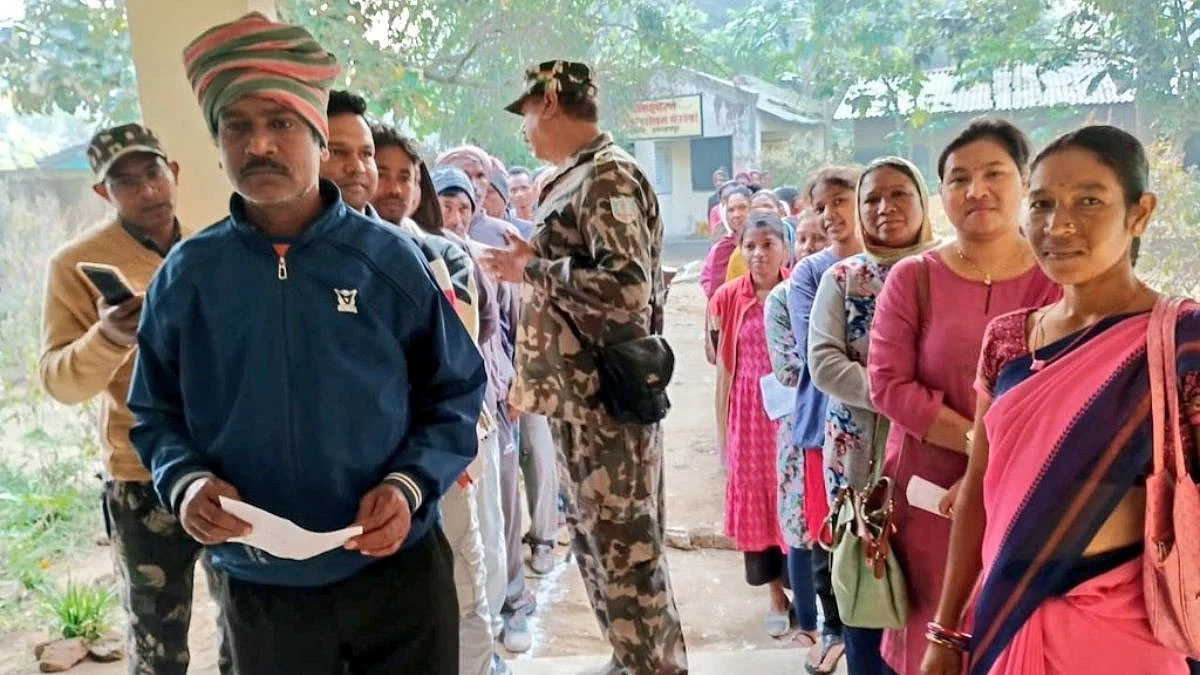Mumbai: A shocking revelation has emerged amid the investigation into the Ghatkopar hoarding crash, which killed 17 and injured over 70 on May 13. Former GRP-Mumbai Commissioner Quaiser Khalid reportedly stated that his department received four complaints about illegal hoarding prior to the tragedy.
Khalid, who served until December 2022, implicated his successor, Ravindra Shisve, in the incident, stating that Shisve failed to take necessary action on the complaints from corporator Rupali Awale, RTI activist Anil Galgali, BJP’s Kirit Somaiya and Salim Pathan, one of which was filed just a week before the crash, according to a report by Times of India.

Khalid Shifts Blame On Shisve; Latter Defends Himself
Khalid reportedly argued that oversight of the construction was Shisve's responsibility. Shisve, however, contended that he merely continued the legal processes initiated by Khalid, who had granted permission to Ego Media on his last day as commissioner.
According to the report, Shisve expressed surprise that Khalid approved the hoarding without the DGP’s consent and claimed that the complaints were mishandled by a staffer, preventing them from reaching his attention. He also noted that a BMC notice concerning the cutting and poisoning of trees did not indicate any danger from the hoarding itself.
Khalid maintained that the tender process for the hoarding was initiated by his predecessor, Ravindra Sengaonkar, who had retired. Sengaonkar had completed the scrutiny of bids received through e-tenders. Acting on legal advice, Khalid permitted Ego Media to install the hoarding, aiming to generate revenue for police welfare.

Statements Adding Complexity To Probe
He insisted that the responsibility for the hoarding's structural stability and maintenance was explicitly assigned to Ego Media. According to Khalid, the legal opinion he received stated that BMC regulations did not apply to railways, under Section 2 (32) of the Railway Act.
Additionally, Khalid claimed he later discovered alterations in dates and discrepancies in the text on some documents he had signed, raising further questions about the integrity of the process. The chargesheet filed by the SIT last week highlighted these conflicting narratives, with Khalid's statements and Shisve's defence pointing to a complex web of administrative and procedural failures.


.jpg)






.jpg)